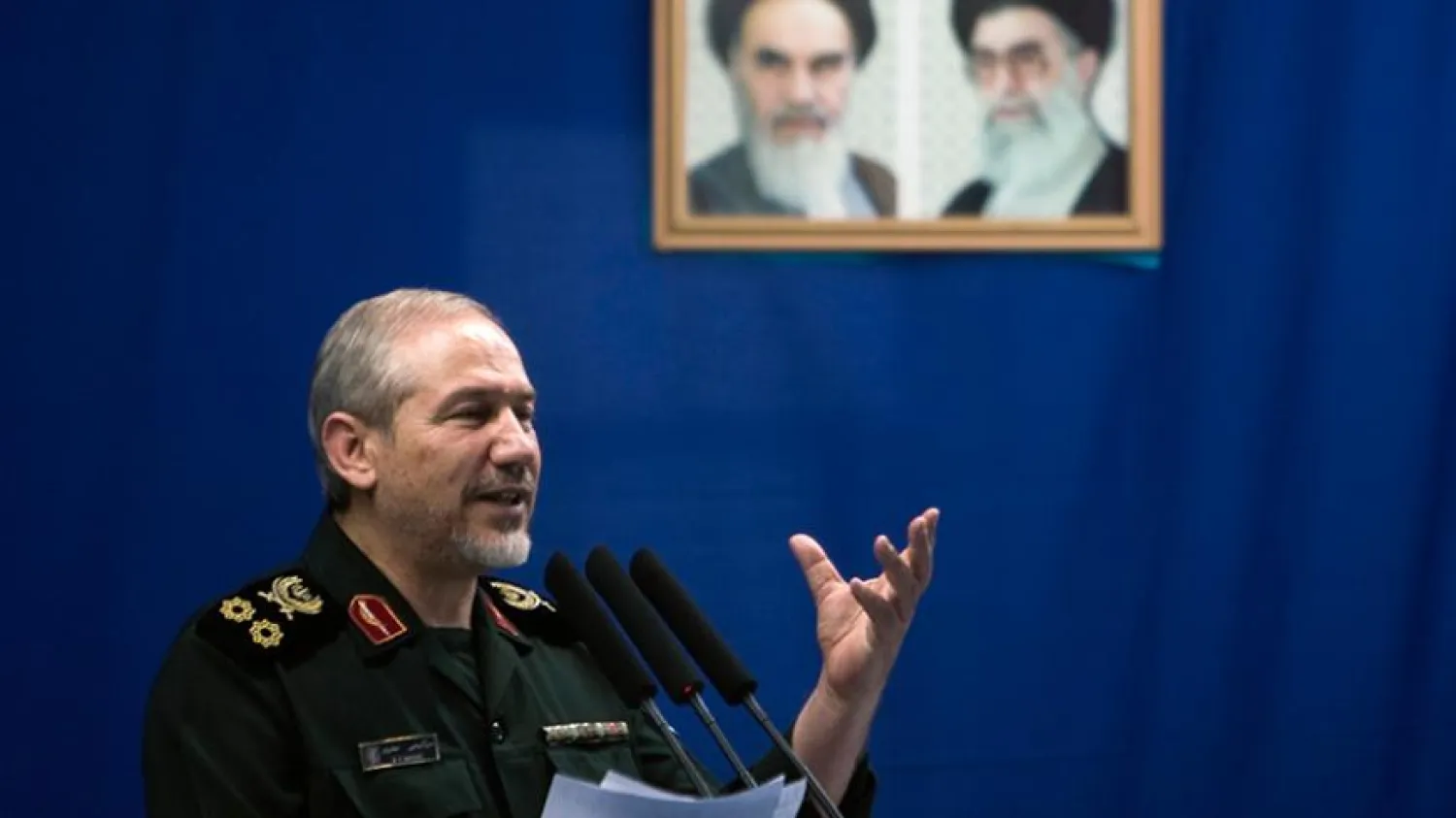The top aide of Iran's Supreme Leader Ali Khamenei, Rahim Safavi, downplayed the possibility of Iran being attacked by international powers days after the Israeli Prime Minister threatened to target Iranian nuclear sites.
Safavi said that Iran has grown too strong, and no power can attack it.
Speaking at the 40th anniversary of lifting the siege on the Abadan oil port, Safavi said: "Iran's defense power in the West Asian region is a great and influential power in the security defense equations."
"Both our nation and our armed forces have become so powerful that none of the trans-regional powers, such as the United States, can take any action against this power that would lead to a massive military attack on Iran," he underscored.
Safavi noted that the situation in Iran is different from that in Afghanistan and Iraq.
However, he called on the Iranian armed forces to always be prepared and never to underestimate the trans-regional enemies.
He hoped that "sustainable security" in Iran would create a suitable environment that leads to development and progress, solving local issues and reaching "required and better" conditions.
On Tuesday night, the Iranian television broadcast a 5-minute tv report entitled: "Death with a Thousand Knives" about neutralizing a terrorist cell carrying out subversive acts in favor of Israel without providing details about the identity of the group's members.
The report indicated that members of the cell were arrested, and Iranian security services killed the leader.
Meanwhile, speaking at the UN General Assembly on Monday, Prime Minister Naftali Bennett threatened military action against Iran's nuclear facilities to prevent it from developing weapons.
Iran has "made a major leap forward" in nuclear research and development, production capacity, and uranium enrichment, he said, adding that the country is "violating" safeguard agreements with the IAEA, "and it's getting away with it."
"Iran's nuclear program has hit a watershed moment, and so has our tolerance. Words do not stop centrifuges from spinning," Bennett told fellow leaders, asserting that "Israel will not allow Iran to acquire a nuclear weapon."
According to Axios website, Israeli National Security Adviser Eyal Hulata will travel to Washington next week for talks on Iran with his White House counterpart Jake Sullivan.
Axios quoted two Israeli officials saying that Bennett doesn't think Israel needs to change its "nuclear ambiguity" policy for now due to Iran's latest nuclear advances.









